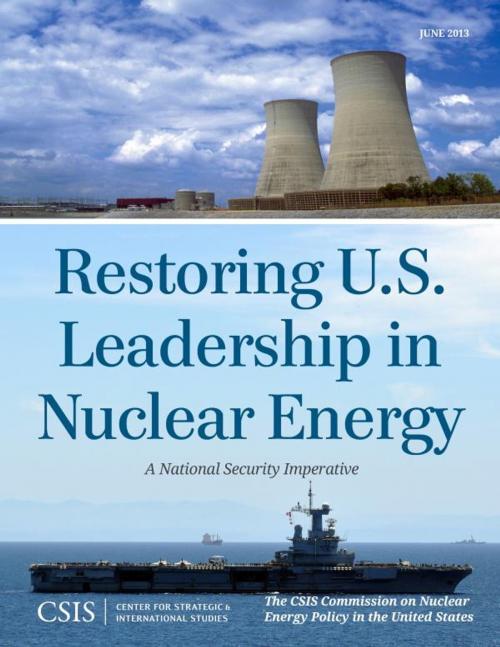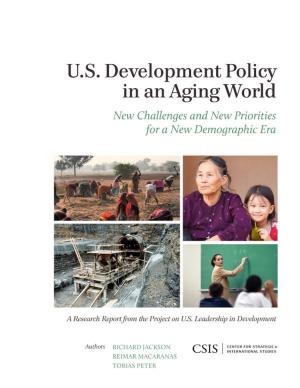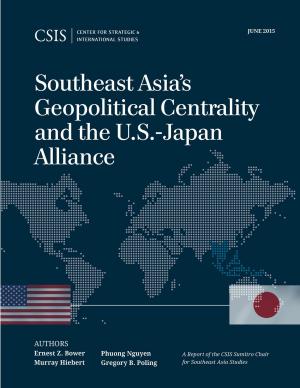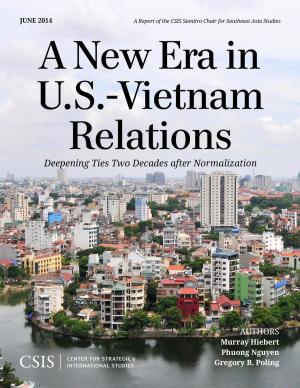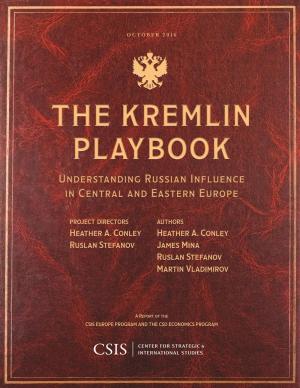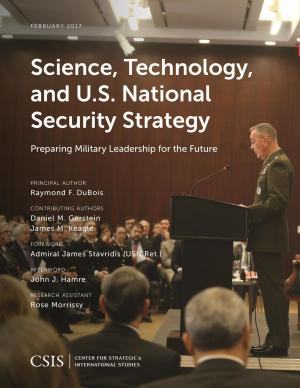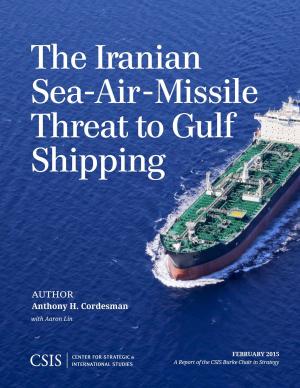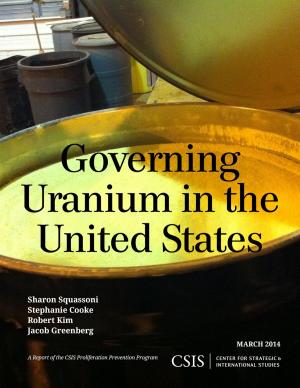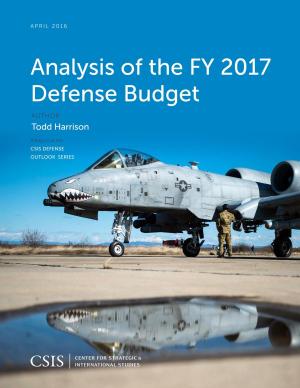Restoring U.S. Leadership in Nuclear Energy
A National Security Imperative
Nonfiction, Social & Cultural Studies, Political Science, International, International Security, Business & Finance, Industries & Professions, Industries| Author: | The CSIS Commission on Nuclear Energy Policy in the United States | ISBN: | 9781442225121 |
| Publisher: | Center for Strategic & International Studies | Publication: | July 3, 2013 |
| Imprint: | Center for Strategic & International Studies | Language: | English |
| Author: | The CSIS Commission on Nuclear Energy Policy in the United States |
| ISBN: | 9781442225121 |
| Publisher: | Center for Strategic & International Studies |
| Publication: | July 3, 2013 |
| Imprint: | Center for Strategic & International Studies |
| Language: | English |
America’s nuclear energy industry is in decline. Low natural gas prices, financing hurdles, failure to find a permanent repository for high-level nuclear waste, reactions to the Fukushima accident in Japan, and other factors are hastening the day when existing U.S. reactors become uneconomic. The decline of the U.S. nuclear energy industry could be much more rapid than policy makers and stakeholders anticipate. China, India, Russia, and others plan on adding nuclear technology to their mix, furthering the spread of nuclear materials around the globe. U.S. companies must meet a significant share of this demand for nuclear technology, but U.S. firms are currently at a competitive disadvantage due to restrictive and otherwise unsupportive export policies. Without a strong commercial presence in new markets, America’s ability to influence nonproliferation policies and nuclear safety behaviors worldwide is bound to diminish. The United States cannot afford to become irrelevant in a new nuclear age.
America’s nuclear energy industry is in decline. Low natural gas prices, financing hurdles, failure to find a permanent repository for high-level nuclear waste, reactions to the Fukushima accident in Japan, and other factors are hastening the day when existing U.S. reactors become uneconomic. The decline of the U.S. nuclear energy industry could be much more rapid than policy makers and stakeholders anticipate. China, India, Russia, and others plan on adding nuclear technology to their mix, furthering the spread of nuclear materials around the globe. U.S. companies must meet a significant share of this demand for nuclear technology, but U.S. firms are currently at a competitive disadvantage due to restrictive and otherwise unsupportive export policies. Without a strong commercial presence in new markets, America’s ability to influence nonproliferation policies and nuclear safety behaviors worldwide is bound to diminish. The United States cannot afford to become irrelevant in a new nuclear age.
